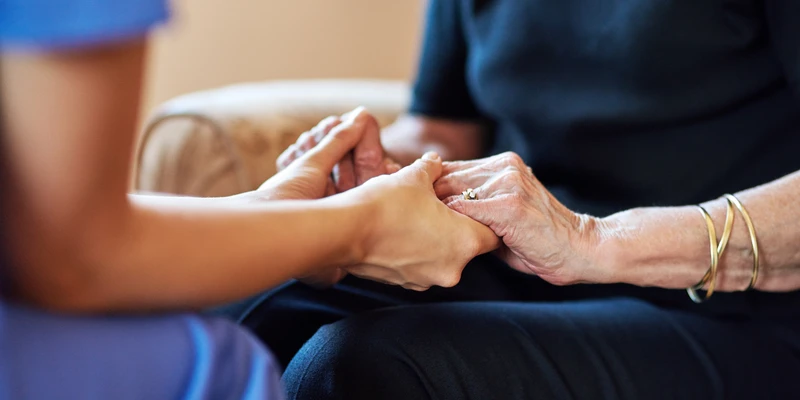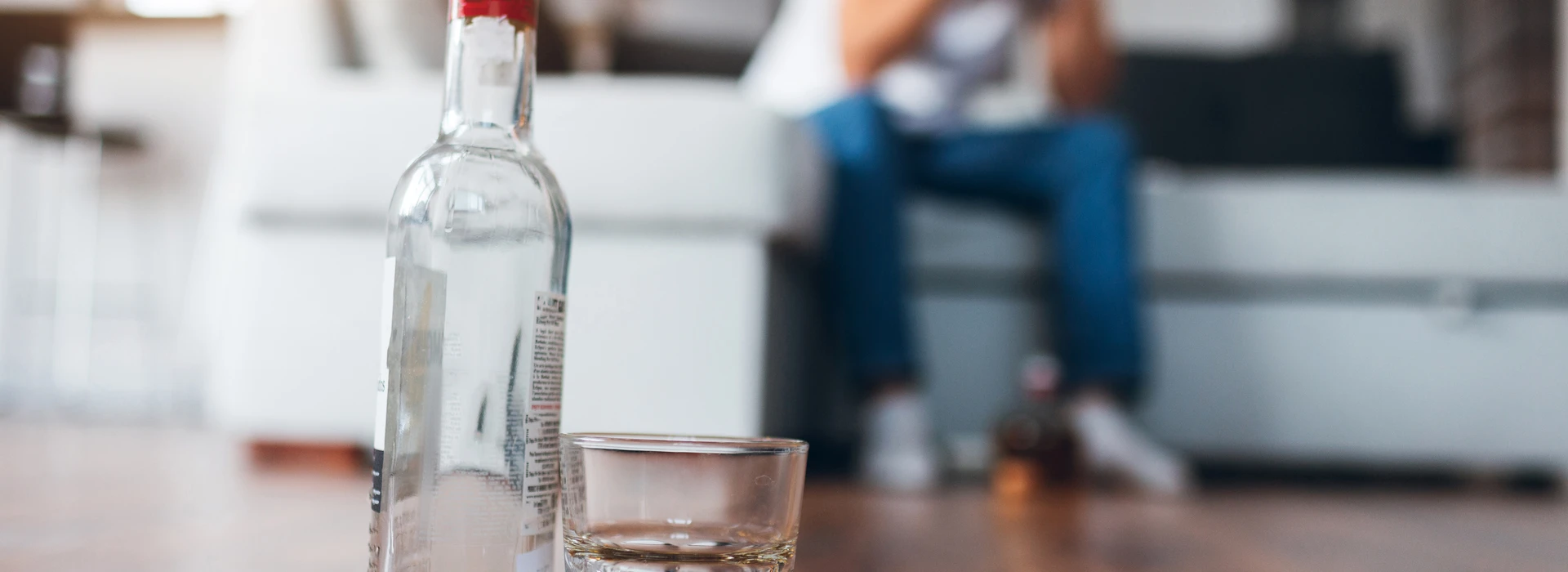
Taking the first step toward recovery from addiction requires courage, and understanding rehab costs shouldn’t add to the stress. In New Zealand, rehab expenses vary widely, but financial barriers need not deter recovery. This guide breaks down every cost factor, from public funding to private payment plans, ensuring you can make informed decisions. Whether through subsidised programs, insurance coverage, or international alternatives, affordable pathways exist to match every budget.
Cost of Rehab Programs in New Zealand
New Zealand’s rehab costs depend on program intensity, duration, and location:
Cost of Residential Treatment Programs
Residential rehab provides 24/7 care, with 28-day programs costing NZ$10,000–NZ$30,000. Urban centres like Auckland charge 10–20% more due to higher operational costs. Longer stays (90 days) range from NZ$30,000–NZ$60,000, offering deeper therapeutic integration for severe addiction. Amenities significantly impact pricing: budget facilities start at NZ$10,000/month, while luxury centres with private rooms and holistic therapies exceed NZ$40,000/month.
Cost of Outpatient Treatment Programs
Outpatient care suits mild-to-moderate addiction, costing NZ$1,500–NZ$5,000 for 3–6 months. Sessions include weekly counselling, group therapy, and relapse prevention workshops. Sliding-scale fees adjust costs based on income, with some providers charging as little as NZ$50/session. This flexibility makes outpatient care ideal for those balancing work or family commitments.
Cost Breakdown by Treatment Type
Cost of Medical Detox Programs
Medically supervised detox is essential for safe withdrawal, costing NZ$2,000–NZ$8,000 depending on substance type and complexity. Opioid or benzodiazepine detox often requires specialist care, increasing fees. Public hospitals offer free detox, but waitlists prioritise severe cases.
Cost of Mental Health Treatment
Integrated mental health care adds NZ$1,000–NZ$3,000 to rehab costs for conditions like depression or PTSD. Therapies like CBT or DBT are typically included in residential program fees, while outpatient mental health sessions cost NZ$100–NZ$150/hour.
Cost of Dual Diagnosis Programs
Treating co-occurring addiction and mental health disorders costs 20–30% more than standard rehab due to specialised staffing. Private facilities charge NZ$35,000–NZ$70,000 for 90-day programs, while public dual diagnosis services are free but have limited availability.
Cost of Holistic Therapies
Holistic therapies (yoga, art therapy, nutrition) add NZ$500–NZ$2,000/month to residential program costs. While optional, these therapies improve long-term outcomes by addressing overall wellness.
Cost of Therapeutic Modalities
Evidence-based therapies (CBT, DBT, trauma therapy) are included in most program fees. Standalone outpatient therapy costs NZ$120–NZ$200/session.
Factors Influencing Rehab Costs in New Zealand
Location
Rehab costs in New Zealand vary by region, with urban centres like Wellington often charging 10–20% more than rural areas. City facilities face higher operational costs, including rent and staffing, which translate to higher fees. For example, an Auckland rehab centre may cost more than a similar programme in Waikato. Rural centres offer comparable clinical care at lower prices, though travel expenses for urban residents may offset savings.
Amenities and Comfort
Luxury rehab centres prioritise comfort with private suites, gourmet meals, and holistic therapies like yoga or art classes, raising costs to NZ$20,000–$40,000/month. In contrast, budget-focused facilities provide essential addiction treatment, medical detox, counselling, and group therapy at NZ$10,000–$15,000/month. While luxury amenities enhance relaxation, both options deliver evidence-based care tailored to individual needs.
Duration of Treatment
Longer programmes significantly improve recovery outcomes but increase costs. A 28-day residential stay averages NZ$10,000–$30,000, while 90-day programmes range from NZ$30,000–$60,000. Extended stays allow deeper therapy integration, addressing underlying trauma or dual diagnoses. For example, some rehab centres offer sliding-scale fees for longer stays, ensuring affordability for complex cases. Balancing budget and recovery goals is important; shorter programmes suit mild addiction, while longer terms provide stability for severe dependence.

The Addiction Problem in New Zealand
New Zealand faces a significant addiction burden, with 1 in 5 adults reporting hazardous drinking patterns and 15% using cannabis annually. Cost remains a critical barrier for many: 17% of New Zealanders avoid seeking healthcare due to financial constraints, rising to 37% among youth (15–24 years). This disparity hits marginalised communities hardest, with Māori and Pacific peoples disproportionately affected by both addiction rates and cost-related access barriers.
Publicly funded services, while free, face 4–to 8-week waitlists in urban areas, leaving those in crisis without immediate support. Private rehab costs (NZ$10,000–NZ$40,000/month) are prohibitive for most, and even subsidised outpatient programs (NZ$50–NZ$150/session) strain low-income households. Compounding this, 29% of working-age adults cite lost wages as a barrier to accessing care, creating a cycle where untreated addiction undermines financial stability.
The gap between need and affordability persists despite recent investments, with 26% of mental health funding for facilities remaining unspent due to systemic delays. For many, the choice becomes risking debt for private care or enduring waitlists; a decision no one should face when seeking lifesaving help.
Funding Your Recovery in NZ
Public Health System (Te Whatu Ora)
New Zealand’s public health system provides free or subsidised addiction treatment, including medical detox and outpatient counselling. To access these services, your GP or a Needs Assessment Service Coordinator (NASC) must refer you. Waitlists vary by region; urban areas average 4–8 weeks, while rural centres may offer faster access. NGOs like the Salvation Army and CareNZ supplement public care with free community programmes and grants for low-income individuals, ensuring no one is denied help due to finances.
Private Health Insurance
Many NZ insurers, including Southern Cross and AIA, cover alcohol and drug rehab as part of mental health benefits. Policies typically fund 80–100% of outpatient therapy and partial residential stays, though pre-approval is required. Check your plan’s fine print: some exclude pre-existing conditions or cap annual payouts. For example, NIB covers up to NZ$10,000 per year for addiction treatment, easing costs for private facilities in NZ.
Payment Plans & Sliding Scale Fees
If upfront payment is challenging, some NZ rehab centres offer income-based sliding scale fees, reducing weekly costs to as little as NZ$185 for residential care. Others let you spread payments over 6–12 months interest-free. Always discuss financial hardship openly with providers; many prioritise accessibility over profit, tailoring plans to keep your recovery journey on track.
Why Consider Rehab Abroad?
Cost-Effective and High-Quality Care
For New Zealanders, Spain offers luxury rehab programmes at competitive prices. A 28-day stay in a reputable facility like Sierra Recovery starts at lower rates, covering medical detox, evidence-based therapies, and holistic treatments like yoga or art therapy. Comparable programmes in New Zealand often exceed NZ$30,000, with fewer amenities. Spain’s lower operational costs translate to premium services: private rooms, gourmet meals, and beachside settings at accessible rates, making high-quality care attainable without compromising comfort or privacy.
Healing in a Serene and Supportive Environment
Spain’s Mediterranean climate and tranquil landscapes provide an ideal backdrop for recovery. Sunlit days and coastal tranquility reduce stress, a common relapse trigger, while distance from New Zealand ensures discreet, uninterrupted focus on healing. Accredited facilities adhere to EU healthcare standards, employing English-speaking therapists often trained abroad who are skilled in treating complex cases like dual diagnosis or trauma. Programmes prioritise root-cause resolution, blending clinical rigor with therapies tailored to individual needs and fostering lasting change rather than temporary fixes.
Seamless Support with Sierra Recovery
Navigating international rehab is simplified with Sierra Recovery’s end-to-end assistance. From pre-admission Zoom consultations to travel coordination (flights, transfers), they ensure a stress-free transition. Post-treatment, personalised aftercare plans connect you to NZ-based support groups, bridging the gap between Spain’s immersive care and home-life reintegration. This holistic approach, combining clinical excellence, cultural familiarity, and logistical ease, makes Spain a transformative choice for New Zealanders seeking renewal.

Why Choose Rehab in Spain Instead of New Zealand
Choosing where to undergo rehabilitation is a deeply personal and strategic decision. While New Zealand has quality care options, seeking treatment abroad in Spain can offer distinct advantages that enhance recovery outcomes.
Higher Health and Safety Standards
Rehab facilities in Spain are regulated under the European Union’s strict healthcare standards, ensuring high levels of safety, hygiene, and treatment quality. These regulations often surpass what is available in more remote or smaller regions, including parts of New Zealand.
Seamless Travel and Accessibility
Spain is well-connected to international airports, with many centres offering airport transfers and travel assistance. Compared to remote locations in New Zealand, accessing Spain can be more convenient, especially for those travelling from Europe, the UK, or the Middle East.
Diverse International Community
Rehab centres in Spain frequently serve clients from across Europe, North America, and beyond, creating a rich and supportive multicultural environment. This allows for shared experiences and a deeper sense of connection during group therapy and community activities.
Supportive Aftercare Environment
After completing residential rehab, many centres in Spain offer outpatient services or extended living options for a smoother transition to daily life. Whether you choose to return home or remain in Spain for continued support, aftercare services are designed to prevent relapse and maintain progress.
Cosy Mediterranean Climate
Spain’s climate is characterised by warm, dry summers and mild winters, offering a more predictable and comfortable atmosphere compared to New Zealand’s irregular weather patterns. The calming effect of a stable climate can reduce stress and contribute to a more focused rehab experience.
Greater Privacy and Discretion
Rehab centres in Spain are well-regarded for their focus on confidentiality and privacy. The physical and emotional distance from familiar environments in New Zealand allows individuals to focus solely on their healing without external judgment or distraction.
Take the Next Step with Confidence
Choosing recovery is courageous, and we understand how financial worries can cloud this brave decision. In New Zealand, publicly funded programmes and sliding-scale fees ensure cost isn’t a barrier, while private options offer tailored care for those who can invest. If waitlists or costs feel overwhelming, Spain’s Sierra Recovery provides an alternative path, blending clinical excellence with Mediterranean serenity at comparable prices.
At Sierra Recovery, we prioritise your peace of mind. Our EU-accredited programme includes medical detox, holistic therapies, and seamless aftercare linking you to NZ support networks. We handle travel logistics, zoom consultations, and personalised planning, so you focus solely on healing.
You’re not alone in this journey. Whether in NZ or Spain, help exists to match your needs and budget. Reach out today for a pressure-free consultation; because recovery isn’t about where you heal, but finding the courage to begin.
Frequently Asked Questions
Does New Zealand’s public health system cover rehab costs?
Yes. Through Te Whatu Ora (Health NZ), eligible residents access free or subsidised addiction treatment, including detox and outpatient counselling. A GP or Needs Assessment Service Coordinator (NASC) referral is required. NGOs like the Salvation Army and CareNZ supplement this with free community programmes, ensuring help is available regardless of income. Waitlists vary, but severe cases are prioritised.
Can private health insurance cover rehab in NZ?
Many insurers, like Southern Cross and NIB, cover part of rehab costs under mental health benefits. Policies typically fund 80–100% of outpatient therapy and partial residential stays. Check your plan for exclusions (e.g., pre-existing conditions) and annual caps. Pre-approval is essential for residential programmes at some facilities as well.
Are payment plans available for rehab in NZ?
Are payment plans available for rehab in NZ? Yes. Some facilities offer income-based sliding scale fees, reducing weekly residential costs to NZ$185. Others provide interest-free instalments over 6–12 months. Discuss financial hardship openly; many centres prioritise accessibility over profit.
How long are waitlists for public rehab services?
Waitlists average 4–8 weeks in urban areas, and shorter in rural regions. Severe cases (e.g., dual diagnosis, pregnancy) are fast-tracked. NGOs like Odyssey House offer interim support, including counselling and harm reduction, while you wait.







